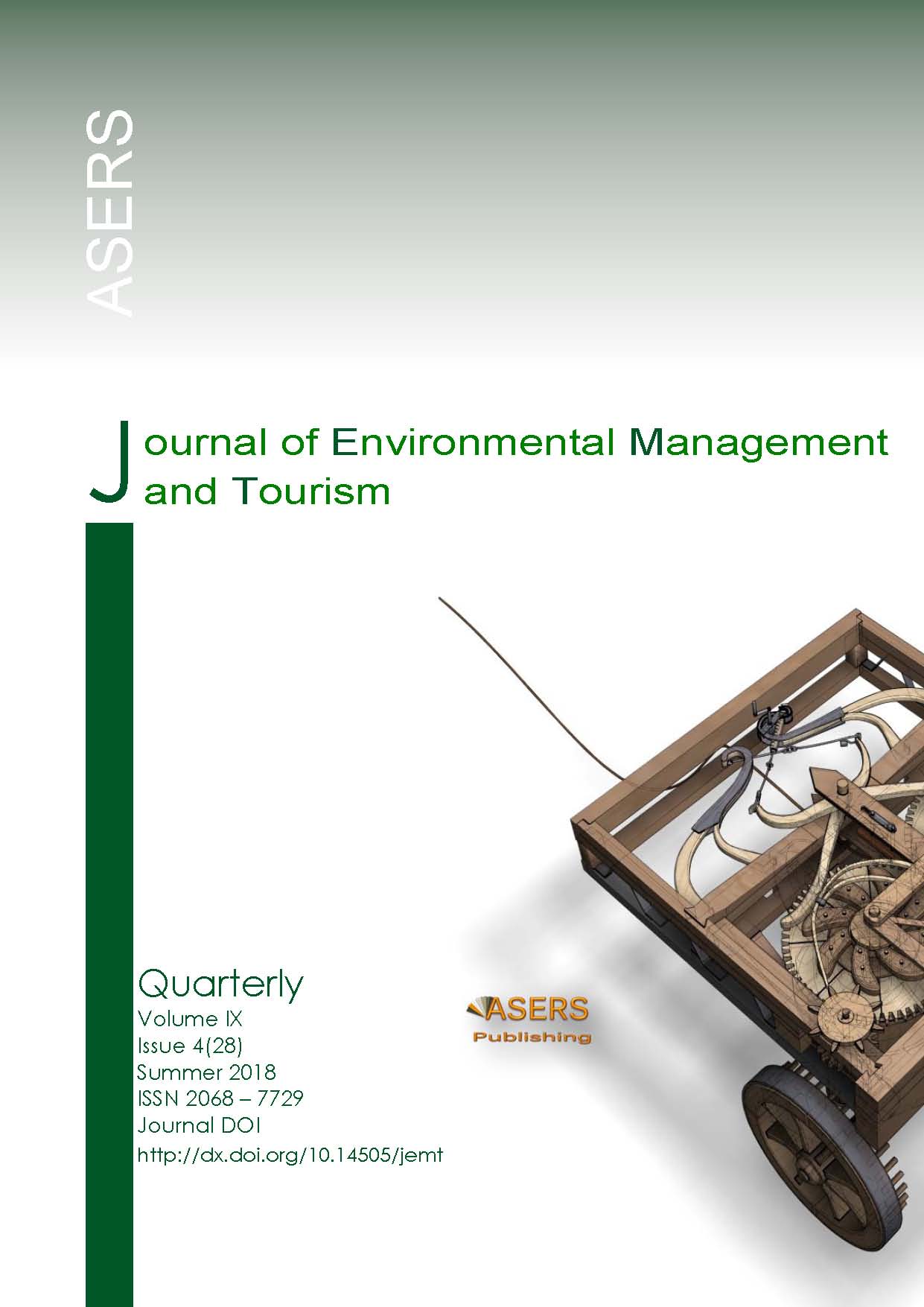Legal Issues for Ensuring Security in Tourism and Countering Terrorist Threats
Legal Issues for Ensuring Security in Tourism and Countering Terrorist Threats
Author(s): Aleksandr Kolesnikov Yurievich, Maryna V. PUSHKAR, Yulia V. VISHNEVSKA, Yuriy Yu. SHVETSSubject(s): Economy, Tourism
Published by: ASERS Publishing
Keywords: international organizations; World Tourism Forum; international legislation; transnational terrorism;
Summary/Abstract: The article substantiates the importance of the synthesis of new spiritual values and traditional cultural and historical objects for increasing human capital asset in knowledge-based economy conditions, which necessitates an increase in their funding. The role of the cultural capital as a theoretical basis of heritage research is revealed. It is demonstrated that the concept of the cultural capital, linking the economic and cultural spheres, leads to an understanding of the regularity of expectations ofreturn on investment in cultural heritage objects and thus develops integration processes: objects are involved in economic activity, becoming attractive to investors. The hypothesis of convergence of cultural and historical heritage objects financing models was put forward and confirmed, the results of which are: the formation of a new financing model and heritage ecosystem, including actors in the process, technology, funding and institutional environment. The features of a new model of cultural heritage financing are revealed: the use by the state, along with budgetary allocations, of indirect support measures through tax preferences and social technologies, as well as the attraction of private investment through public-private partnerships, charity, grants, endowment funds. The development of terrorism is increasingly contributing to the debate about its impact on the tourism sector. Thus, this article is aimed to explore the place of terrorism in the international legal regulation of tourism. The study was carried out by integrated approach to legal expertise of documents of international organizations. Based on the fact that attacks on foreign tourists have increased in certain regions of the world, relation between tourism and terrorism was established. It was revealed that The Hague Declaration on Tourism is the main international legal and regulatory act in the field of tourism. We came to conclusion that complexity of regulation of international tourism is that tourism actually affects on all branches of law. To solve this problem, it is necessary to develop a new declaration, focused on principles of countering terrorist threat to international tourism and tourists.
Journal: Journal of Environmental Management and Tourism (JEMT)
- Issue Year: IX/2018
- Issue No: 04 (28)
- Page Range: 795-802
- Page Count: 8
- Language: English
- Content File-PDF

